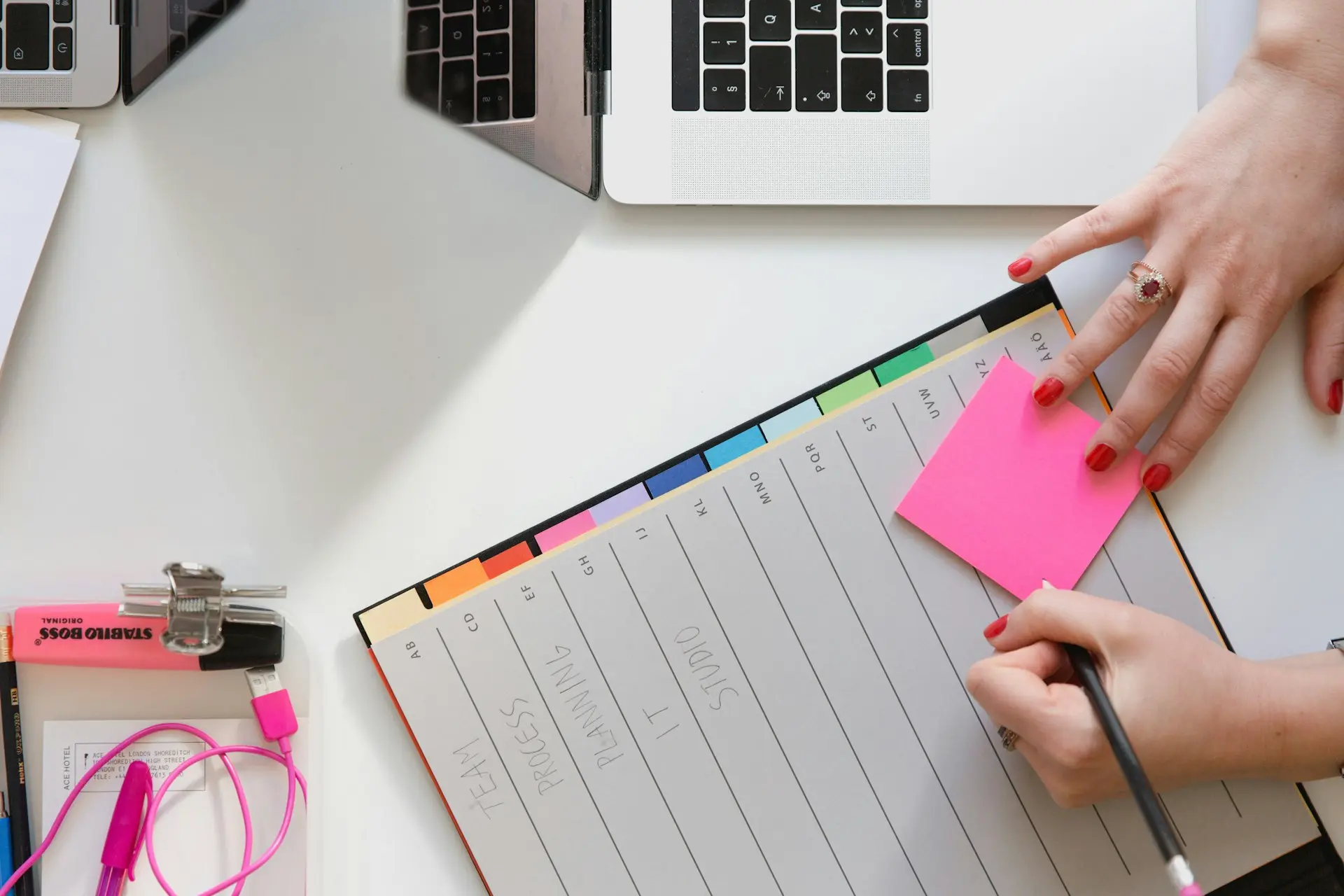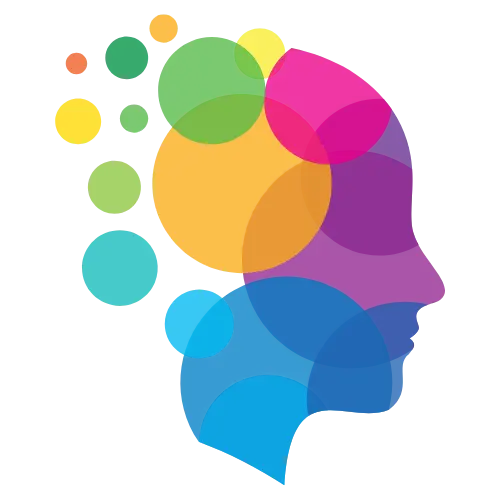
Being There: Helping Friends & Finding Support
Develop students’ ability to support peers with mental health challenges.
This pathway enhances communication skills and highlights the importance of seeking help and building supportive networks.
Part of our AQA Unit Award-accredited Learning Pathways.

Being There: Helping Friends & Finding Support
Develop students’ ability to support peers with mental health challenges.
This pathway enhances communication skills and highlights the importance of seeking help and building supportive networks.
Part of our AQA Unit Award-accredited Learning Pathways.
What is this pathway about?
Being There: Helping Friends & Finding Support is a social and emotional learning programme designed to help KS3–4 learners build healthy support networks.
Through discussion, role-play and reflection, learners explore how to recognise emotional distress in themselves and others, offer help responsibly, and access trusted sources of support. The pathway nurtures empathy, communication, and emotional literacy — all accredited through AQA Unit Awards.
What is this pathway about?
Being There: Helping Friends & Finding Support is a social and emotional learning programme designed to help KS3–4 learners build healthy support networks.
Through discussion, role-play and reflection, learners explore how to recognise emotional distress in themselves and others, offer help responsibly, and access trusted sources of support. The pathway nurtures empathy, communication, and emotional literacy — all accredited through AQA Unit Awards.
Learning Outcomes
Increased emotional awareness and empathy
Ability to recognise signs of mental health difficulties
Improved help-seeking behaviour
Stronger understanding of peer support and boundaries
An AQA Unit Award certificate for achievement
Ideal For
SEND and SEMH support
Learners with low self-esteem, friendship difficulties or support needs
PSHE and RSHE curriculum (relationships & mental health strands)
Whole-school mental health awareness initiatives
Safeguarding, pastoral or anti-bullying work
Learning Outcomes
Ability to recognise signs of mental health difficulties
Improved help-seeking behaviour
Stronger understanding of peer support and boundaries
An AQA Unit Award certificate for achievement
Ideal For
SEND and SEMH support
Learners with low self-esteem, friendship difficulties or support needs
PSHE and RSHE curriculum (relationships & mental health strands)
Whole-school mental health awareness initiatives
Safeguarding, pastoral or anti-bullying work
Key Topics Covered
What Does Support Look Like?
Understand what it means to support someone and how we know when help is needed.

When to Ask for Help
Identify trusted adults, services and helplines — and practise how to reach out with confidence.

Recognising Struggles in Ourselves and Others
Explore signs of low mood, anxiety or distress — and how to respond appropriately.

Creating a Personal Support Plan
Build a map of personal support networks and strategies for asking for help.

How to Be a Good Friend
Learn how to listen, show empathy, and respect boundaries when offering support.

Looking After Yourself While Helping Others
Understand emotional boundaries, peer pressure, and how to practise self-care while supporting someone else.
Key Topics Covered
What Does Support Look Like?
Understand what it means to support someone and how we know when help is needed.

When to Ask for Help
Identify trusted adults, services and helplines — and practise how to reach out with confidence.

Recognising Struggles in Ourselves and Others
Explore signs of low mood, anxiety or distress — and how to respond appropriately.

Creating a Personal Support Plan
Build a map of personal support networks and strategies for asking for help.

How to Be a Good Friend
Learn how to listen, show empathy, and respect boundaries when offering support.

Looking After Yourself While Helping Others
Understand emotional boundaries, peer pressure, and how to practise self-care while supporting someone else.
What’s Included:
What’s Included:
What Schools Say About Our Pathways
“Our pupils really valued this – they learned how to recognise when someone isn’t okay and what to actually do about it.”
— Inclusion Lead, KS3 Alternative Provision
What Schools Say About Our Pathways
“Our pupils really valued this – they learned how to recognise when someone isn’t okay and what to actually do about it.”
— Inclusion Lead, KS3 Alternative Provision
